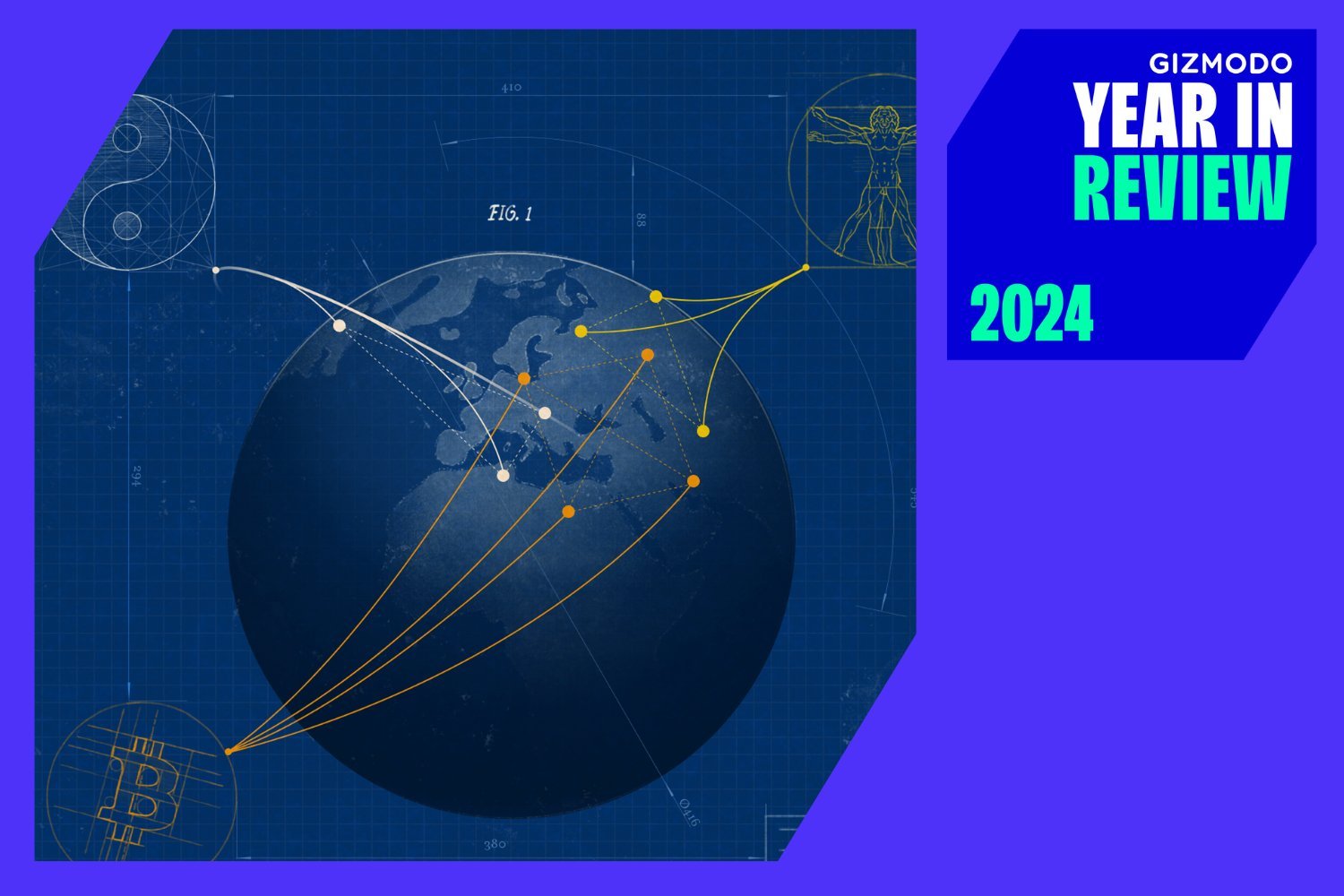Introduction
In an era dominated by technological prodigies and unprecedented wealth, a new trend is emerging that raises alarm. The Network State movement, framed as a beacon of hope by its proponents, is facing fierce criticism as a potential manifestation of techno-colonialism. This movement aims to reshape societal structures by leveraging vast resources, and its implications could redefine governance and social order globally.
What is a Network State?
Founded by Balaji Srinivasan, the Network State is a digital phenomenon that emphasizes an aligned online community capable of organized action. It represents a longing to break away from traditional government structures, proposing instead a new form of governance rooted in digital community and substantial financial backing. This ambitious vision seeks to create societies where tech entrepreneurs can live and innovate free from existing political regulations.
The Belief System of Network Staters
Central to the Network State ideology is the concept of “exiting” the current societal framework in search of improved living conditions. Modeled after the theories of religious Zionism, this movement envisions a world where diverse enclaves can thrive without the constraints of conventional governance, potentially leading to new forms of exploitation of weaker nations.
Support and Financial Backing
The movement garners significant support from various influential figures, notably through Pronomos Capital, led by Patri Friedman. The extensive funding sourced from technology billionaires raises questions about the movement’s genuine intentions, particularly surrounding the idea of creating alternative governance systems. Yet, these endeavors depend heavily on the very bureaucratic systems they seek to escape.
Crisis and Controversies
The emphasis on Special Economic Zones (SEZs) as a means for mega-rich entrepreneurs to craft their regulatory environments poses serious legal and ethical challenges. Critics argue that these zones are modern-day colonization, exploiting resources and labor in developing countries while neglecting fundamental rights. Examples from ongoing projects like Prospera illustrate the disorientation between utopian promises and grim realities.
The Intersection with Mainstream Politics
The Network State movement’s intertwining with political figures, notably within Trump’s circle, creates a potent mix that may reshape political landscapes. The similar ideologies of Network Staters and segments of Trumpism highlight a shared resentment against traditional structures, veering towards a vision that could alter national sovereignty and individual rights.
Key Takeaways
- The Network State movement challenges traditional governance through wealth and technology.
- Critics view it as a form of techno-colonialism, raising ethical concerns about exploitation in developing nations.
- Its support stems from influential tech figures, blurring lines between innovation and exploitation.
- The intertwining of this movement with mainstream politics raises concerns over future governance models.

